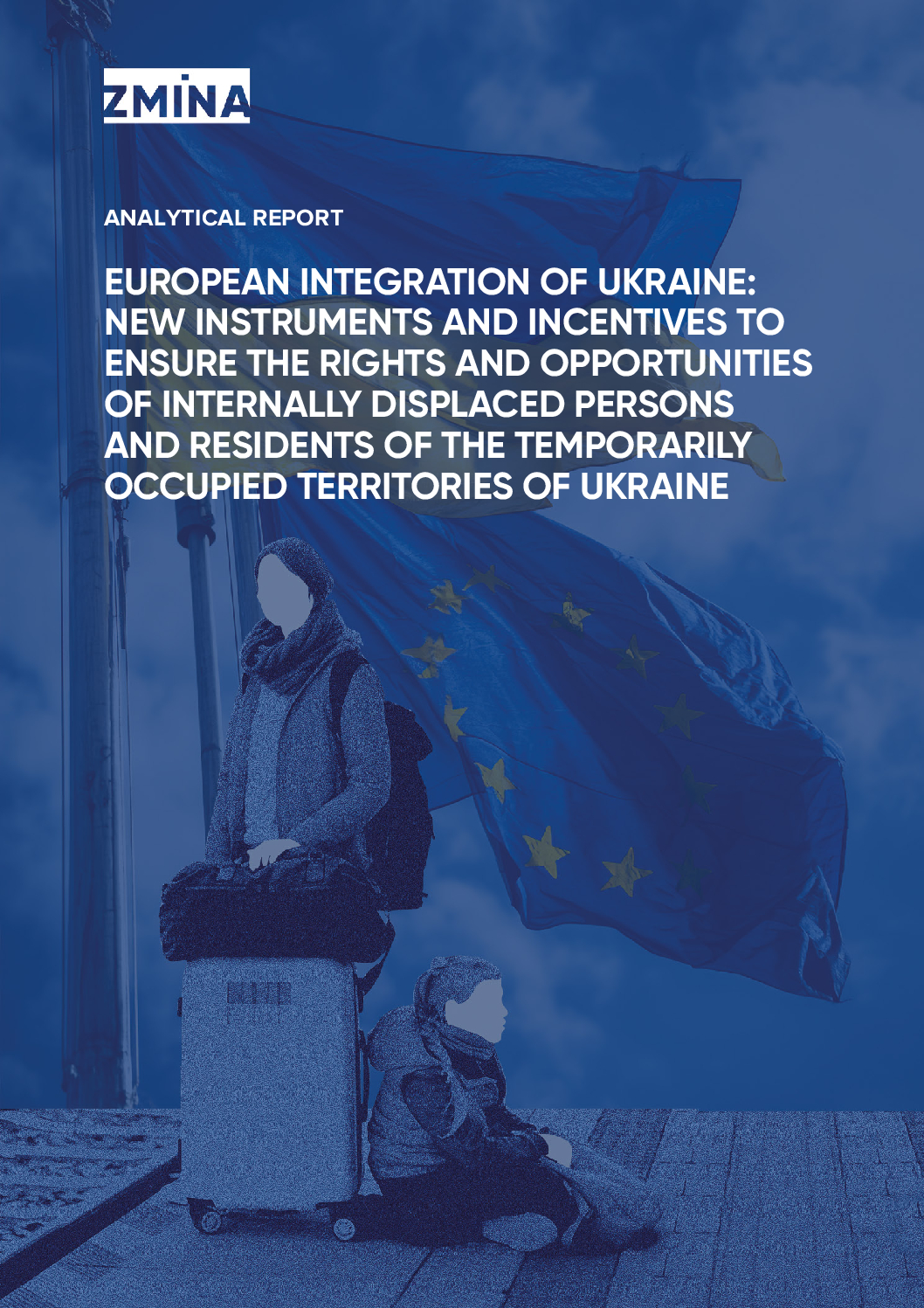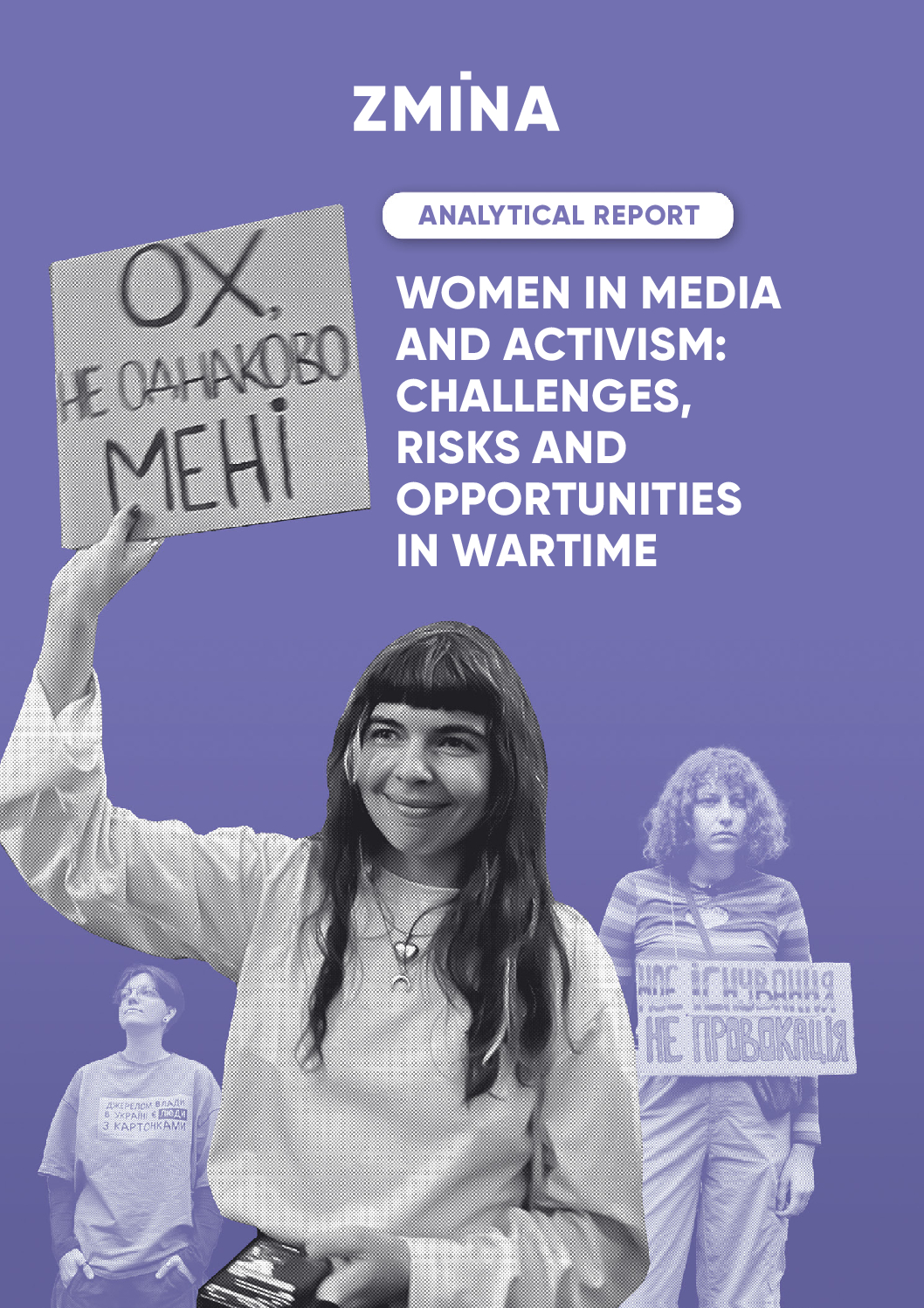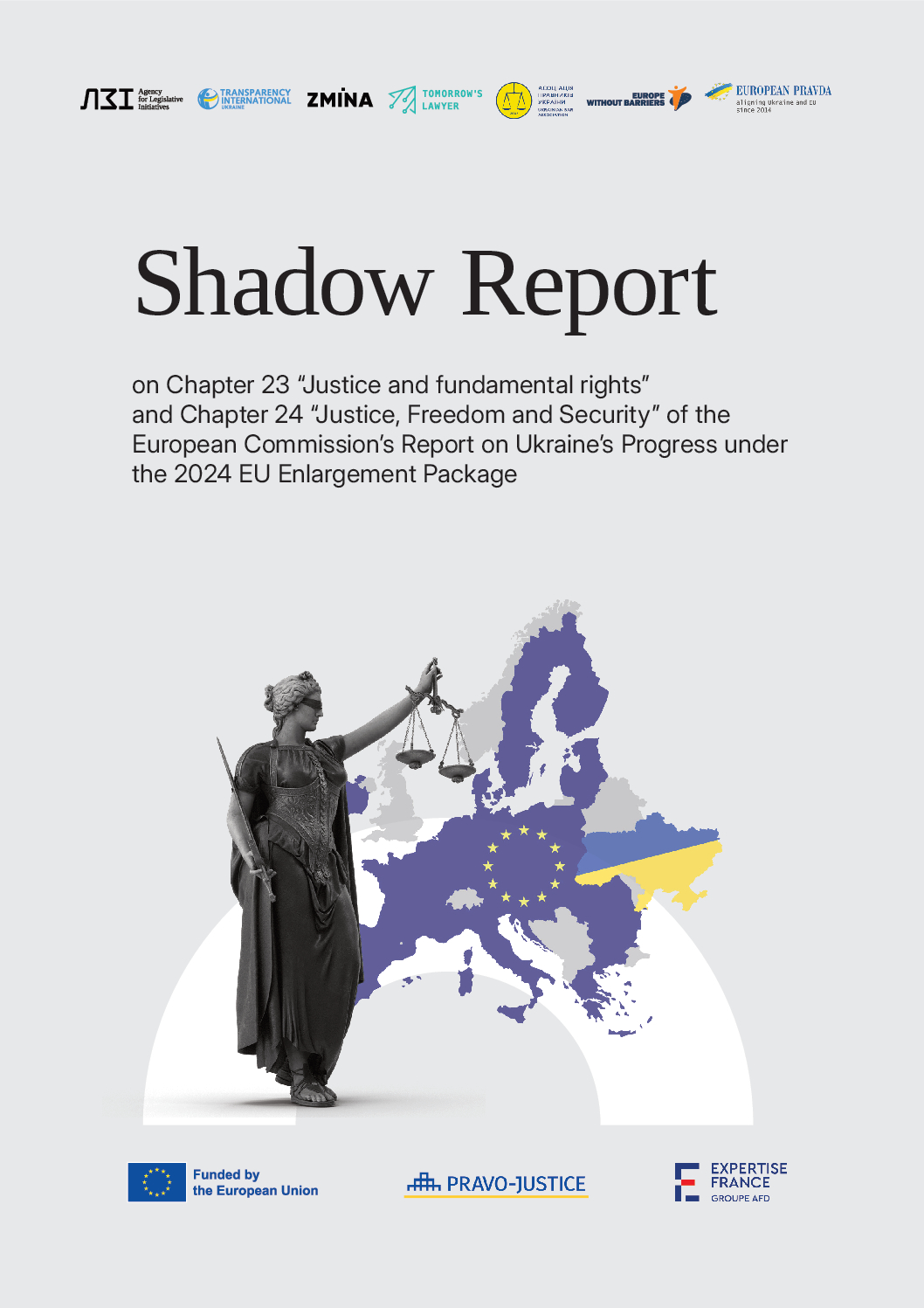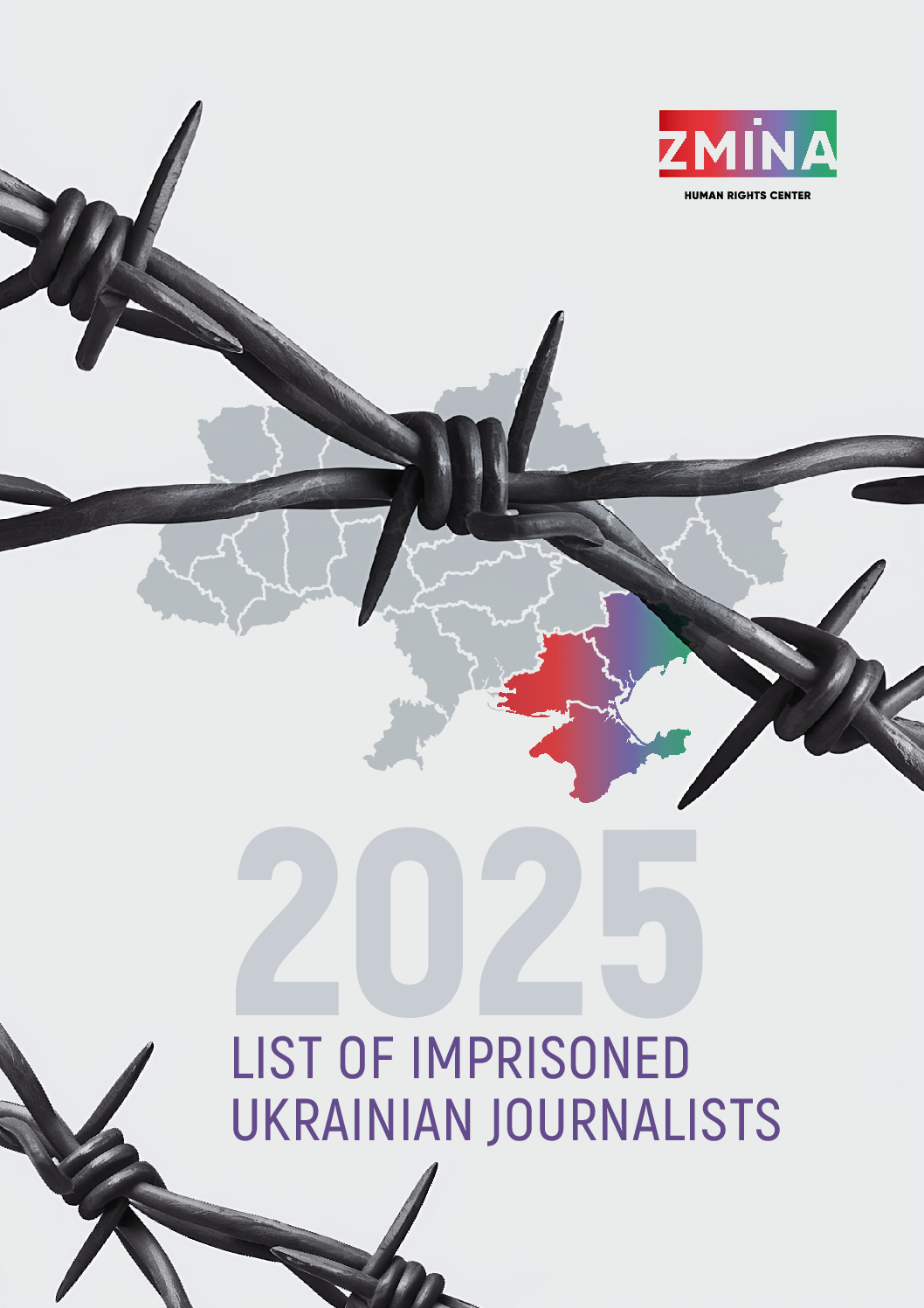Analytical note: “What should a support system for victims of torture look like?”
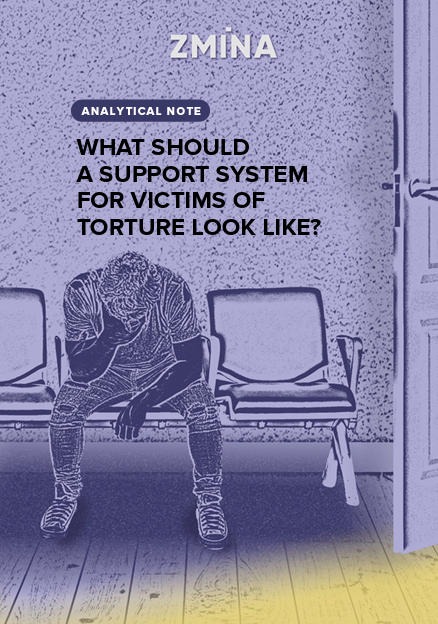
The approach to supporting victims of the armed aggression in Ukraine began to develop as early as 2014. It is mainly based on the identification of groups of victims (e.g. IDPs, missing persons in special circumstances, etc.) and providing them with various forms of support. As of 2025, despite a significant increase in the number of victims and some progress in accounting for the damage caused by the armed aggression, this approach remains unchanged.
Victims of international crimes, particularly torture and inhuman treatment, remain one of the least protected categories among those harmed as a result of the armed aggression against Ukraine. In Ukraine, 5,000 military personnel and 5,600 civilians have been officially recognised as victims of torture. However, the number of victims is even higher, as many did not contact law enforcement and have not been granted official victim status in criminal proceedings.
The analytical note aims to identify the needs and problems faced by victims of torture, cruel or inhuman treatment. The analytical note includes an assessment of the current state of the system of support for victims of war crimes, including torture, cruel or inhuman treatment, in Ukraine, with the aim of providing recommendations on the development of such a system.
The research is based on the analysis of Ukrainian legislation on support for victims of the armed aggression of the Russian Federation against Ukraine, materials of Ukrainian and international NGOs on the practice of providing support to certain groups of victims in Ukraine, short-term and long-term consequences of trauma, standards for the development of a support system for victims of torture, as well as interviews with 40 victims of torture regarding the harm they suffered as a result of torture and their support needs.
This report was prepared as part of the project “Fighting impunity for the gravest international crimes in the context of the Russian armed aggression in Ukraine”, implemented with the support of the Swiss Federal Department of Foreign Affairs. The views and ideas expressed in this publication are solely those of the author(s) and do not reflect the position or policy of the Swiss Federal Department of Foreign Affairs or the Swiss Government.

